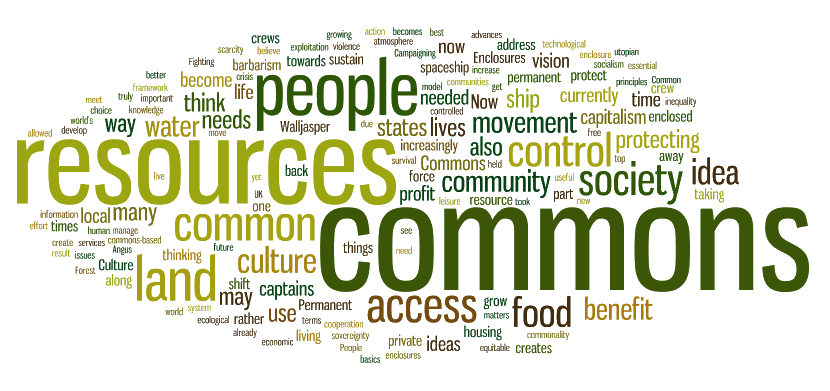Capitalism and the Environment: Difference between revisions
Siterunner (talk | contribs) No edit summary |
Siterunner (talk | contribs) No edit summary |
||
| Line 9: | Line 9: | ||
https://lareviewofbooks.org/article/on-extinction-and-capitalism/# | ''https://lareviewofbooks.org/article/on-extinction-and-capitalism/#'' | ||
https://museumsandclimatechange.wordpress.com/2016/01/26/book-release-extinction-a-radical-history-by-ashley-dawson/ | ''https://museumsandclimatechange.wordpress.com/2016/01/26/book-release-extinction-a-radical-history-by-ashley-dawson/'' | ||
https://www.amazon.com/Extinction-Radical-History-Ashley-Dawson/dp/1944869018/ | ''https://www.amazon.com/Extinction-Radical-History-Ashley-Dawson/dp/1944869018/'' | ||
○ | |||
''http://www.greenpolicy360.net/w/New_Economy_Movement'' | |||
''http://www.greenpolicy360.net/w/The_Commons'' | |||
[[File:Commons-concepts permanent culture now.png|link=http://www.greenpolicy360.net/w/The_Commons]] | |||
· | |||
[[Category:Biodiversity]] | |||
[[Category:Eco-nomics]] | [[Category:Eco-nomics]] | ||
[[Category:Ecology Studies]] | |||
[[Category:Extinction]] | [[Category:Extinction]] | ||
[[Category:New Economy]] | |||
Revision as of 20:04, 18 August 2016
The Great Debate
Extinction is the product of a global attack on the commons: the great trove of air, water, plants, and collectively created cultural forms such as language that have been traditionally regarded as the inheritance of humanity as a whole. Nature, the wonderfully abundant and diverse wild life of the world, is essentially a free pool of goods and labor that capital can draw on. As critics such as Michael Hardt and Antonio Negri have argued, aggressive policies of trade liberalization in recent decades have been predicated on privatizing the commons -- transforming ideas, information, species of plants and animals, and even DNA into private property. Suddenly, things like seeds, once freely traded by peasant farmers the world over, have become scarce commodities, and are even being bred by agribusiness corporations to be sterile after one generation, a product farmers in the global South have aptly nicknamed "suicide seeds." The destruction of global biodiversity needs to be framed, in other words, as a great, and perhaps ultimate, attack on the planet's common wealth. Indeed, extinction needs to be seen, along with climate change, as the leading edge of contemporary capitalism's contradictions.
Capital must expand at an ever-increasing rate or go into crisis, generating declining asset values for the owners of stocks and property, as well as factory closures, mass unemployment, and political unrest. As capitalism expands, however, it commodifies more and more of the planet, stripping the world of its diversity and fecundity -- think about those suicide seeds. If capital's inherent tendency to create what Vandana Shiva calls "monocultures of the mind" once generated many local environmental crises, this insatiable maw is now consuming entire ecosystems, thereby threatening the planetary environment as a whole. There are at present no effective institutions to deal with the "cancerous degradation" of the global environment that David Harvey argues is brought about by capital's need for continuous exponential growth. And yet capital of course depends on continuous commodification of this environment to sustain its growth. The catastrophic rate of extinction today and the broader decline of biodiversity thus represent a direct threat to the reproduction of capital. Indeed, there is no clearer example of the tendency of capital accumulation to destroy its own conditions of reproduction than the sixth extinction. As the rate of speciation -- the evolution of new species -- drops further and further behind the rate of extinction, the specter of capital's depletion and even annihilation of the biological foundation on which it depends becomes increasingly apparent.
-- Introduction of Extinction: A Radical History
https://lareviewofbooks.org/article/on-extinction-and-capitalism/#
https://www.amazon.com/Extinction-Radical-History-Ashley-Dawson/dp/1944869018/
○
http://www.greenpolicy360.net/w/New_Economy_Movement
http://www.greenpolicy360.net/w/The_Commons
·
